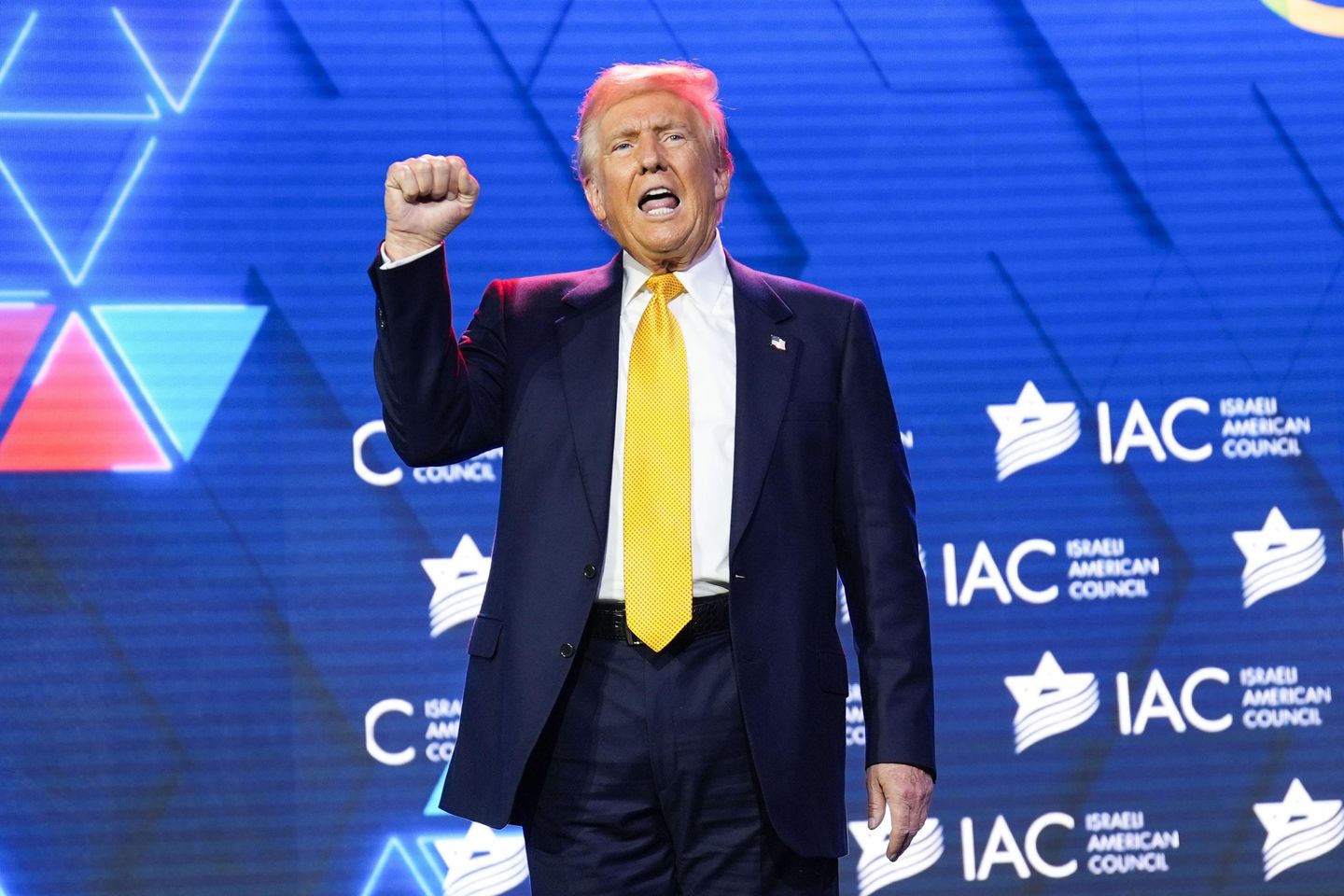Former President Donald Trump’s supporters in Nebraska are pushing for a change in the state’s electoral vote allocation system. For the past thirty years, Nebraska has used a hybrid model to award its electoral votes, but Trump’s backers believe that the state should switch to a winner-takes-all approach. They argue that Nebraskans should speak with one voice when it comes to choosing the President of the United States.
Nebraska is one of two states, along with Maine, that does not follow the winner-takes-all method used by most states in allocating electoral votes. Instead, the state awards two electoral votes to the overall winner of the popular vote in the state, and one electoral vote to the winner of each congressional district. This means that Nebraska can potentially split its electoral votes, with different candidates receiving votes from different parts of the state.
Trump’s supporters believe that this system is outdated and unfair. They argue that it dilutes the impact of Nebraska’s voters and makes it harder for the state to have a unified voice in presidential elections. By switching to a winner-takes-all system, they believe that Nebraska would have a stronger influence in the electoral college and better represent the will of the people.
The push to change Nebraska’s electoral vote allocation system comes as Trump continues to exert influence over the Republican Party and its policies. After losing the 2020 presidential election to Joe Biden, Trump has remained active in politics, endorsing candidates, holding rallies, and continuing to push his America First agenda.
Trump’s supporters in Nebraska see changing the state’s electoral vote allocation system as a way to further his influence and ensure that Nebraska remains a stronghold for the Republican Party. They believe that by adopting a winner-takes-all approach, Nebraska would be more likely to support Republican candidates in future elections, including potential runs by Trump himself.
However, not everyone in Nebraska is on board with the idea of changing the state’s electoral vote allocation system. Critics argue that the current hybrid model is a fair representation of the state’s diverse political views and allows for a more nuanced reflection of the electorate. They believe that a winner-takes-all system would disenfranchise voters who do not support the winning candidate and could lead to increased polarization in the state.
In addition, changing the electoral vote allocation system in Nebraska would require legislative action and potentially a constitutional amendment. This process could be lengthy and contentious, with no guarantee of success. Nebraska lawmakers would need to weigh the pros and cons of such a change and consider the potential impact on the state’s political landscape.
Despite the challenges, Trump’s supporters are determined to push for a change in Nebraska’s electoral vote allocation system. They believe that it is essential to ensure that the state’s voice is heard loud and clear in presidential elections and that Nebraska remains a key player in national politics.
The debate over Nebraska’s electoral vote allocation system is just one example of the ongoing discussion about the electoral college and its role in presidential elections. As the country becomes more polarized and partisan, questions about the fairness and efficacy of the electoral college have come to the forefront.
Some advocates argue for abolishing the electoral college altogether and moving to a national popular vote system. They believe that this would ensure that every vote counts equally and eliminate the potential for candidates to win the presidency without winning the popular vote.
Others defend the electoral college as a vital part of the American political system, designed to protect the interests of smaller states and prevent the tyranny of the majority. They argue that the electoral college forces candidates to campaign in a diverse array of states and regions, rather than focusing solely on populous urban areas.
The debate over the electoral college is likely to continue as long as presidential elections are held in the United States. For now, Nebraska’s electoral vote allocation system remains in place, but the push for change from Trump’s supporters could signal a shift in the state’s approach to presidential elections in the future. Whether Nebraska ultimately adopts a winner-takes-all system or maintains its current hybrid model, the state’s role in national politics is sure to remain a topic of debate and discussion for years to come.









